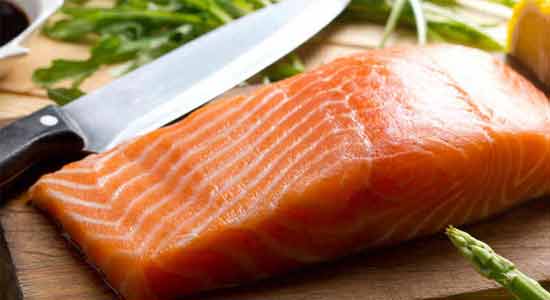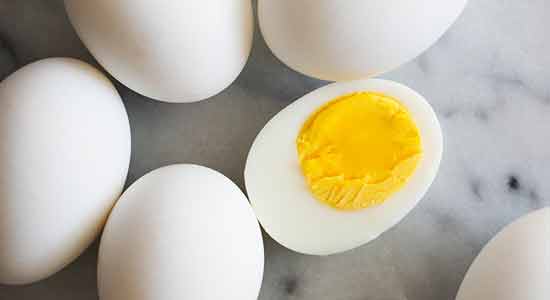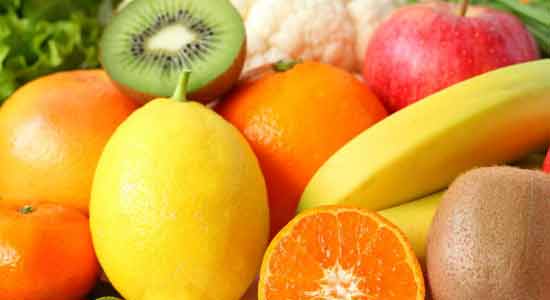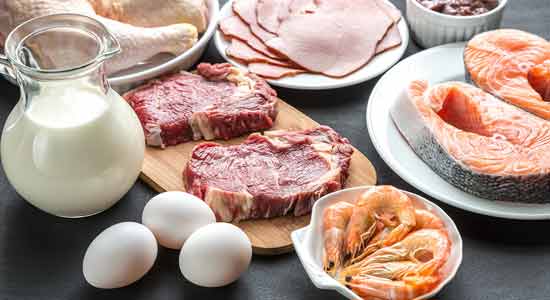
Eat These During Pregnancy for an Intelligent Baby
There are many non-genetic factors that come into play in determining the intelligence and therefore (indirectly) the chances of future success of a child. Most parents are aware of post-birth techniques (see article: how to raise smart kids) but few realize that efforts to increase a child’s intelligence should begin when he or she are still in the womb. What a mother eats during pregnancy has a significant impact on both the mental and physical development of her child for years to come. The following brain-boosting foods, when eaten as part of a balanced diet during pregnancy, are positive to boost a child’s IQ, memory and behavioral skills
1. Oily Fish

Oily fish are rich in omega 3 fatty acids, which are involved in many facets of brain function, from depression, and mental health to cognition and memory. The results of a large-scale study of over 1200 pregnant women, published in the prestigious scientific journal Lanset, researchers found that children of women who had consumed the least omega 3 fatty acids while pregnant were 48% more likely to score in the lowest quartiles on IQ tests. Other sources of omega 3 fatty acids include walnut, red meat, spinach, certain beans and ground flaxseed.
Women who rely on fish for their source of omega 3 should pay particular attention to warnings by authorities against eating local fish as certain varieties of fish tend to concentrate toxic chemicals from contaminated waters. Such chemicals can be deadly to the developing brain.
2. Eggs

Eggs are an excellent source of choline, a chemical which affects neuronal cell creation and maturation in the hippocampus (the region of the brain associated with memory). One egg contains about a quarter of the recommended daily choline intake for pregnant women. Eggs also contain protein and iron, both of which are essential for neuronal development.
Besides eggs, choline can be found in liver, peanuts and some dairy foods
3. Fruits and Vegetables

Fresh produce contains powerful antioxidants which serve to protect the baby’s brain from damage. Dark-colored fruits and vegetables such as blueberries, pomegranates, spinach, kale and tomatoes usually possess the largest quantities of antioxidants.
Such produce does not necessarily need to be eaten raw. Fresh smoothies, fruit and vegetable juices will produce the same benefits (so long as the nutrients have not been destroyed by heating).
4. Folic Acid Supplements
Folic acid is required for brain cell formation. The acid helps prevent neural tube defects—birth defects of the spinal cord and brain. Common sources of folic acid are spinach and lentils. Many women choose to take prenatal folic acid supplements.
5. Iron-rich Foods

Iron too is essential for brain development. Iron deficiency in early life often results in altered neural and behavioral development. Foods rich in iron include eggs, lentils, red meat, fortified cereals and dark, leafy green vegetables.
6. Protein Rich Foods

Proteins are necessary for building cells. Protein intake not only affects the growth of the fetus, but also the development of vital organs like the brain.
Protein can be found in a variety of plant and animal foods such as eggs, seafood, lean meat, poultry and dairy.
Caffeine and Other Drugs should be Avoided
Though this doesn’t classify as a ‘food to eat during pregnancy’, it’s important to note that expectant mothers who seek to improve the intelligence of their children through their diet should avoid the use of alcohol and recreational drugs (including caffeine) entirely.
It is also worth noting that expectant mothers should always discuss their diet plans with their OB-GYN to ensure that they don’t end up doing something that could compromise their own health or that of their child.

